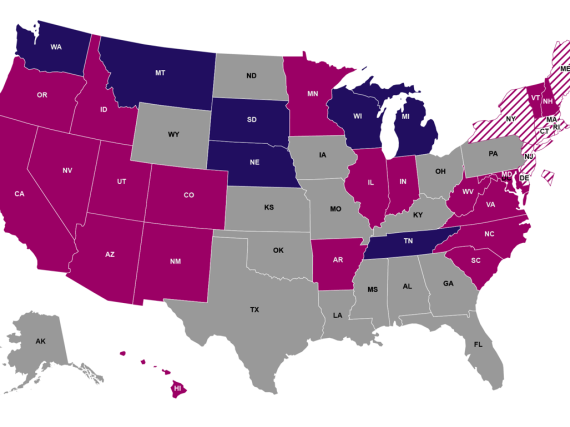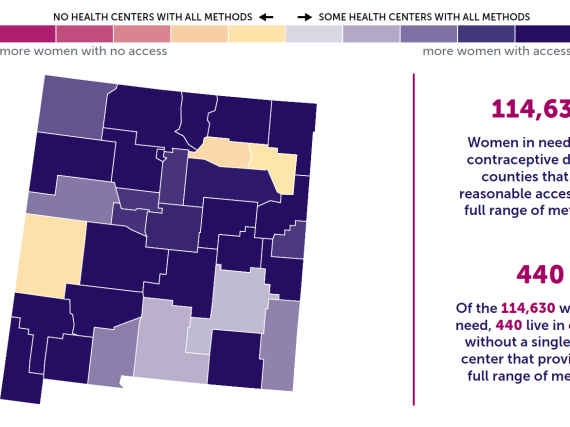Extended Supply of Contraception

Insurance plans have typically covered 30- to 90-day supplies of prescription contraceptives at one time. Limiting the supply of prescription contraceptives to these short intervals reduces timely access to contraception, and can create gaps in use. Removing this barrier can reduce unplanned pregnancies that result from a delay in accessing contraception.
Twenty-six states (including Washington D.C.) have enacted policies requiring Medicaid and/or private payor insurers to increase the number of months for which they cover prescription contraceptives at one time.
This fact sheet offers more details on the laws in each of those states.
Extended Supply of Contraception.pdf
(351.19 KB)


